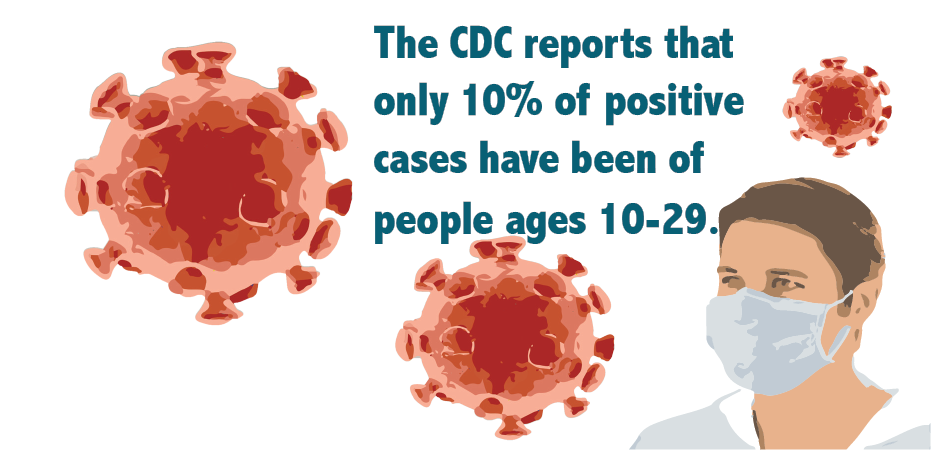
Rollins students studying abroad in Italy were recently evacuated due to COVID-19, a strain of coronavirus. They are now going elsewhere in Europe or in the process of returning to the United States. In Florida, as of Tuesday, there are 20 confirmed cases of COVID-19, as well as two COVID-19-related deaths.
On March 1, the first two cases of COVID-19 were confirmed in the state. The flu-related illness is caught primarily through person-to-person contact of less than six feet in distance. Symptoms of the virus include fever, cough, and shortness of breath.
In the past week, the virus has been reported for the first time in the state of Florida in Hillsborough, Manatee, and Santa Rosa County. As of now, over 300 people in Florida are being monitored for COVID-19, according to the Florida Department of Health.
In addition, five Rollins students were quarantined in Sutton between March 6 and 7 after attending a trip to Washington, D.C. These students were released after both the CDC and World Health Organization (WHO) determined that they were not at risk of having contracted COVID-19.
Wellness Center and Campus Safety’s Response
As of last week, Rollins had no intention of closing the school or conducting on-campus evacuations. Upon further evaulations, however, this can change.
“We are planning for a wide range of scenarios. This is a very fluid situation, and we are remaining flexible regarding our response,” said Denise Snyder, assistant director and clinical coordinator of Health Services, and Scott Rayburn, Safety & Emergency planning manager.
One of these plans includes testing WebEx, a virtual classroom where students have the capability of remotely participating in classes.
As of March 5, Senator Marco Rubio announced that Florida will be receiving $22 million to combat the coronavirus outbreak.
“Health emergencies such as the COVID-19 event require a great deal of flexibility by all units of government. We are not aware of any plans at the state level that are currently in place,” said Rayburn and Snyder.
If students are concerned and wish to take precautions to maintain their safety, the Wellness Center recommends to, “Avoid touching your eyes, nose, and mouth—these are universal precautions that should be followed at all times. If you are unable to wash your hands, use hand sanitizer. Instead of shaking hands, try an elbow bump,” said Snyder.
Snyder also recommends that students take precautions such as washing hands for a minimum of 20 seconds, which the CDC also adheres to.
Travel Abroad
As of now, there are no travel bans listed by the CDC, and Florida is not seen by the CDC as being at any risk of an outbreak. However, China, Iran, Italy, and South Korea are all at level-three Travel Health Notices, which warns against all nonessential travel to those countries.
Some Rollins students studying abroad in Italy are finding it difficult to return to the U.S. Students were told to leave Italy, but as they re-enter the country, they may be told to partake in a 14-day self-quarantine.
Rollins policy states that once a country reaches a level-three warning, an assessment is made to determine whether or not programs in that country are cancelled.
Giselda Beaudin, director of Global Initiatives, said, “We conducted that assessment over the weekend, and we did determine that we were cancelling programs in Italy. Our students who are currently studying abroad in Italy are making other arrangements, either to come back to Florida or to go on to family and friends in other parts of Europe and will be finishing coursework abroad.”
Students in these programs will continue their classes online.
Francesca Sierra (‘21) was studying abroad in Rome at the Trinity College Rome Campus when the coronavirus began to break out in Italy. The virus cut her study abroad program short, which was not supposed to end until mid-May.
“Rollins is being extremely helpful and supportive during this situation,” said Sierra. “They have let me get back to living on campus and finish my semester in Rollins, while I finish my classes online. They are also making sure that I get credit for all of my classes so I don’t lose an academic semester.”
Sierra returned to the U.S. Other study abroad students in Italy are either in the process of leaving the country, have already evacuated back to the U.S., or have found refuge in another country where they have family.
Additionally, Rollins has cancelled all college-sponsored travel for this semester, including study abroad and spring break Immersions.
While there are no firm cancellations of study abroad opportunities for the summer and fall as of yet, students are advised to cancel as early as possible if they have concerns about travelling to certain countries.
Rollins policy is that if a program is cancelled, they will attempt to minimize any financial penalty to the student, but cannot guarantee all money will be returned.
“We are trying to be extremely understanding, but for some programs we have booked things, and that does put us in a tricky situation if we have students withdrawing. We’re encouraging students to withdraw earlier rather than later if they’re uncertain, because again, the penalties are lower,” said Beaudin.
What Students Can Do
Although COVID-19 is spreading, the CDC reported that only 10 percent of confirmed cases have been of people ages 10-29. Although initial estimates stated that the fatality rate for the virus was roughly 2 percent, WHO now places the number at roughly 3.4 percent.
However, the fatality rate for the average person aged 10-40 is only 0.2 percent. This places college-aged students at very low risk.
In order to prevent the illness, the CDC recommends regularly disinfecting household objects and surfaces, avoiding contact with people who are sick, staying at home if you are sick, and remembering to frequently wash your hands.
Despite recent shortages and panic buying by civilians, the CDC does not recommend using a facemask if someone is well. Masks are only effective if someone is exhibiting symptoms of COVID-19.
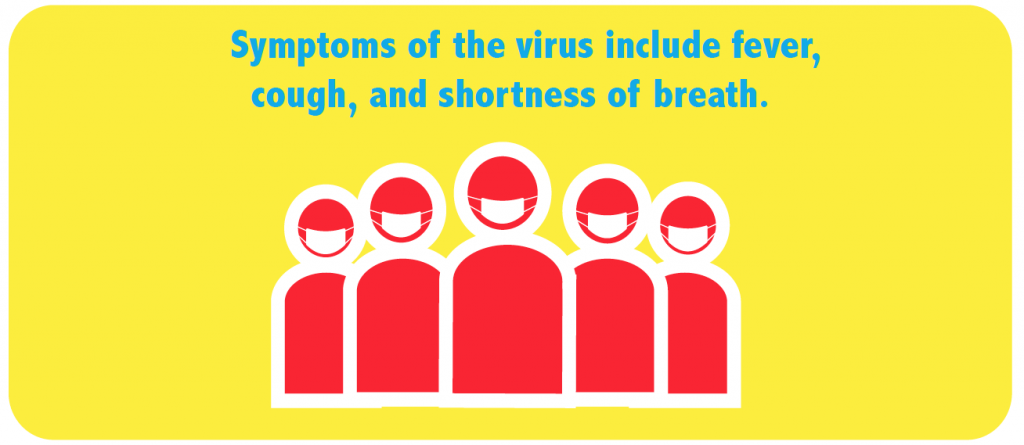
If you or anyone you know is suspected of having the virus, it is recommended to stay home and self-quarantine from other people and animals that you live with. Wear a facemask, and continue to wash your hands and clean any high-touch surfaces. Call ahead to make an appointment with your doctor and warn them that you may have COVID-19.
The Wellness Center recommended that if students have any concerns about the virus, they should schedule an office evaluation at the Wellness Center or contact Snyder at 407-628-6340.
For updates on the campus’ response, go to emergency.rollins.edu.

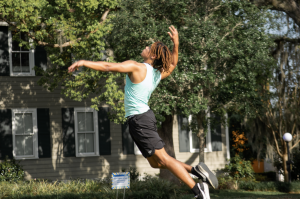





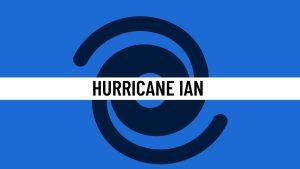

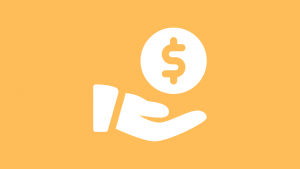

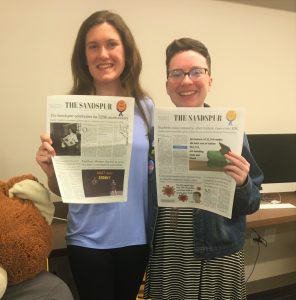
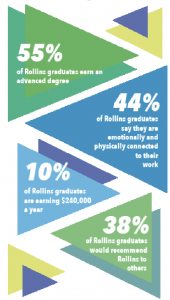
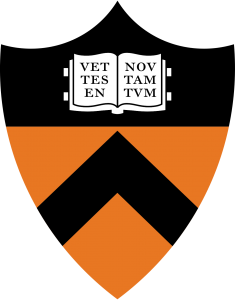
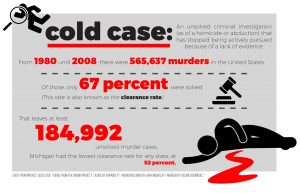


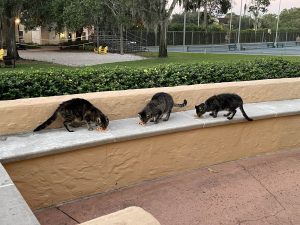

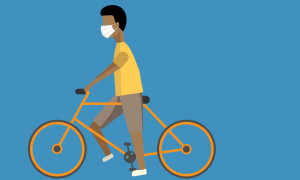
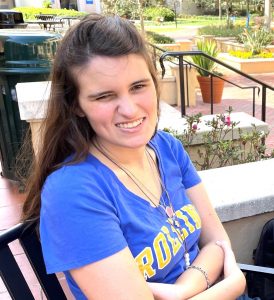

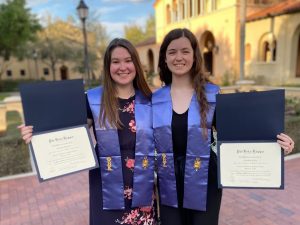
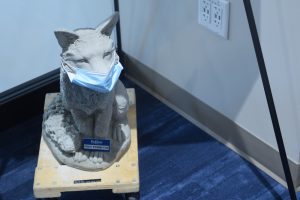
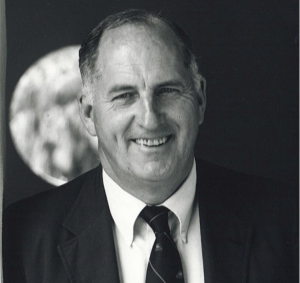
Comments are closed.